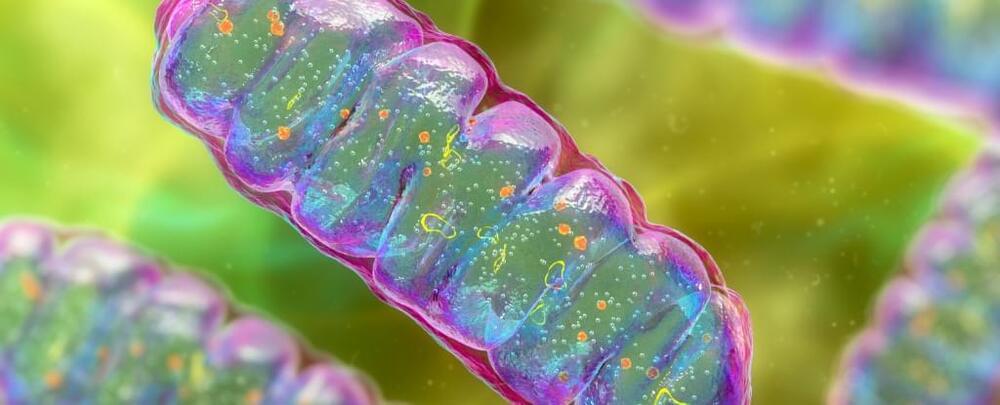Scraps of DNA discarded by our neurons’ power units are being absorbed into our nuclear genome far more frequently than assumed, potentially putting our brains at greater risk of developing life-threatening conditions.
An investigation by a team of researchers led by Columbia University in the US has found individuals with higher numbers of nuclear mitochondrial insertions – or NUMTs (pronounced new-mites) – in their brain cells are more likely to die earlier than those with fewer DNA transfers.
Mitochondria serve as our cells’ batteries, churning out energy in a form of chemical currency that suits most of our body’s metabolic needs. Once a discrete microbial organism in its own right, these tiny powerhouses were co-opted by our unicellular ancestors billions of years in the past, genes and all.










Leave a reply